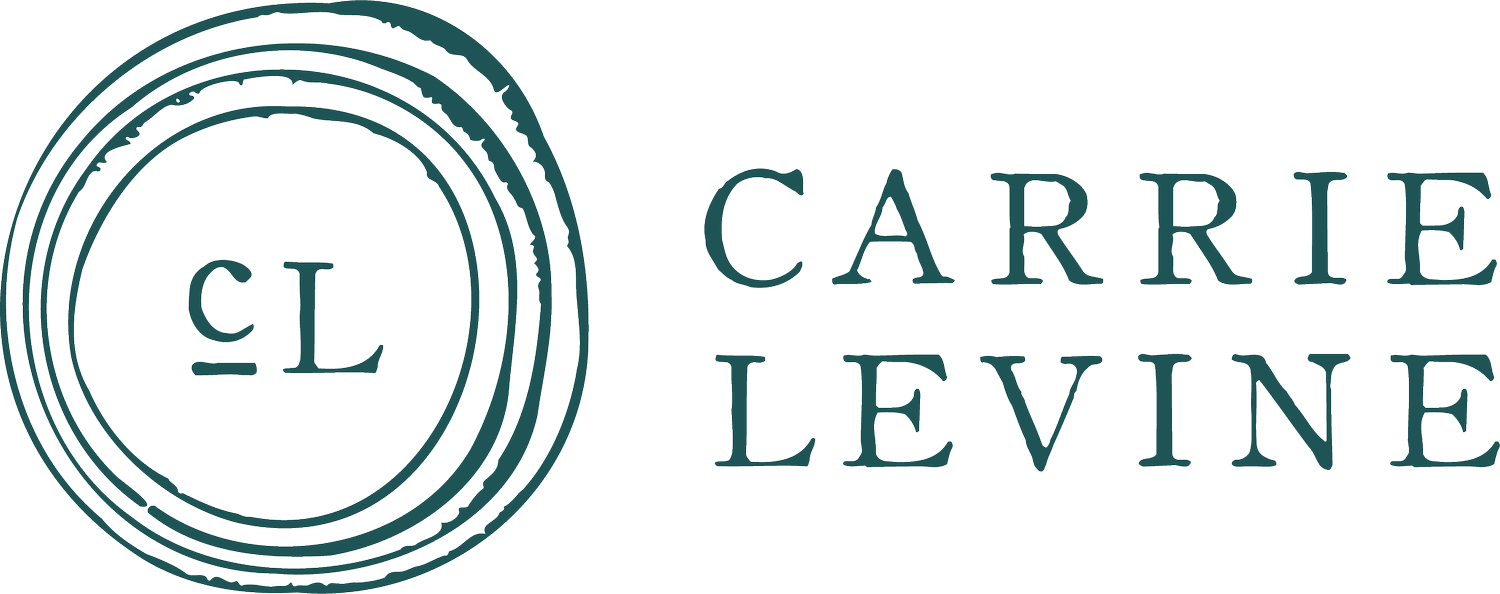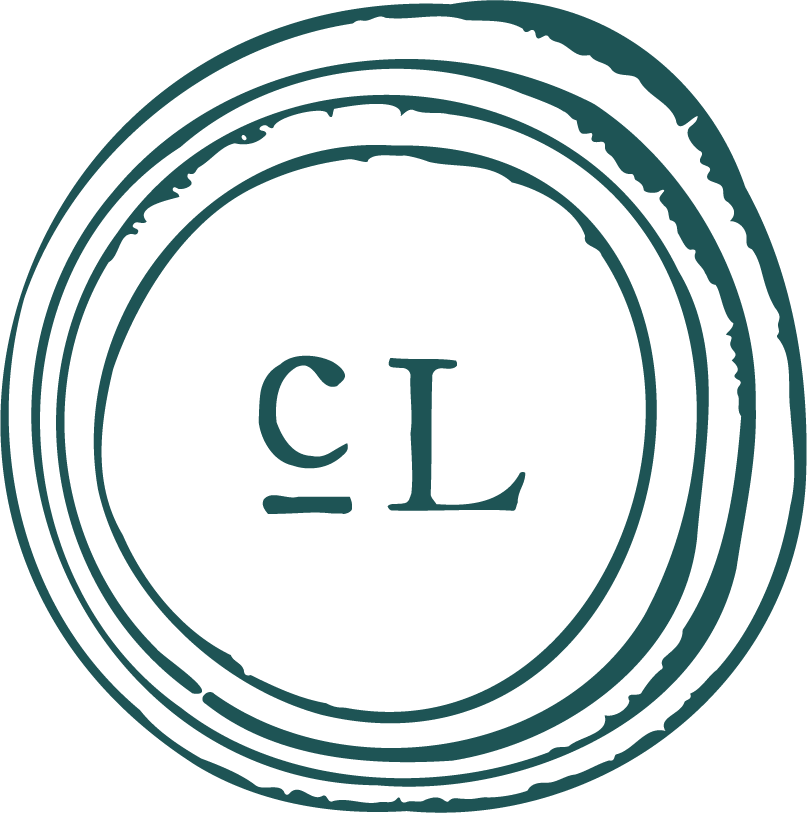Living Well with Cancer: Integrative Oncology and the Path to Wellness
What if every cancer patient had a plan for their health and not just a plan for their disease?
This question was posed by Nalini Chilkov, LAc, OMD at IFM, in her session on integrative oncology.
According to Chilkov, there will be a 24% increase in cancer patients over the next ten years. For many, cancer is more akin to living with chronic illness as opposed to receiving a terminal diagnosis.
It is possible to have cancer and be well, yet conventional oncology rarely addresses a plan for health. The goal of integrative oncology is to create a biosystem where cancer cannot thrive. This requires more than chemotherapy, radiation, and other cancer treatments. It requires a wellness plan.
The goal of integrative oncology is to control the tumor and nourish the patient. Integrative oncology is collaborative, health-focused, systems-based, addresses the whole person, and is research-informed. Conventional oncology uses medications, and integrative oncologists focus on exercise, nutrition, manual therapies, supplementation, and lifestyle changes. It is not an either/or scenario. Best care incorporates both.
Food based therapies are used for nutrient and calorie repletion. Optimal nutrition will address insulin and glucose imbalance, quiet inflammation, and heal the gut microbiome. Sleep is supported. Exercise is supported. Spirituality is supported.
Chilkov’s talk empowered functional medicine practitioners to consider the tools we use every day and also to support people diagnosed with cancer. Years before hearing Chilkov’s talk, I cared for a woman diagnosed with breast cancer who came to me after surgery and radiation. She was interested in genetic testing that looked at her detoxification pathways, the health of her gut microbiome, and nutrition. We worked on those things together. She is 10 years cancer-free!
If you have a diagnosis of cancer, remember to not only develop a treatment plan but also find a practitioner with whom you can develop a wellness plan. You may live a long time and want optimal health along the way.
Check these sites if you’d like more information:


